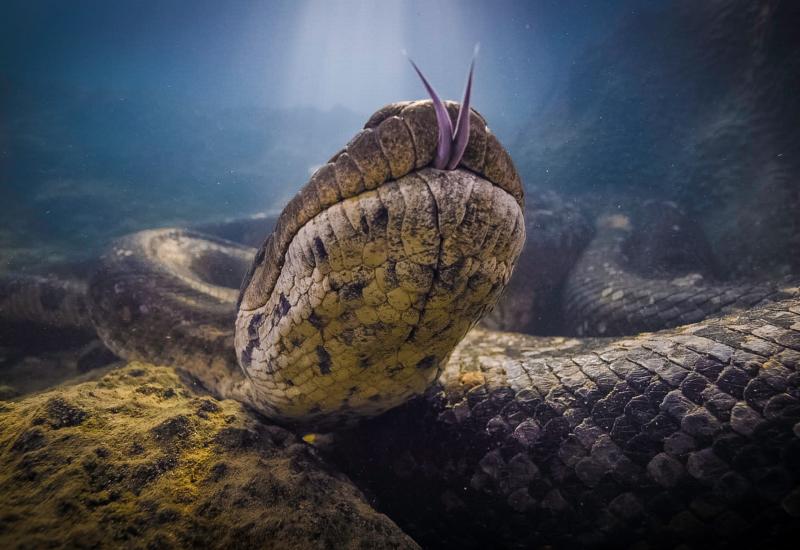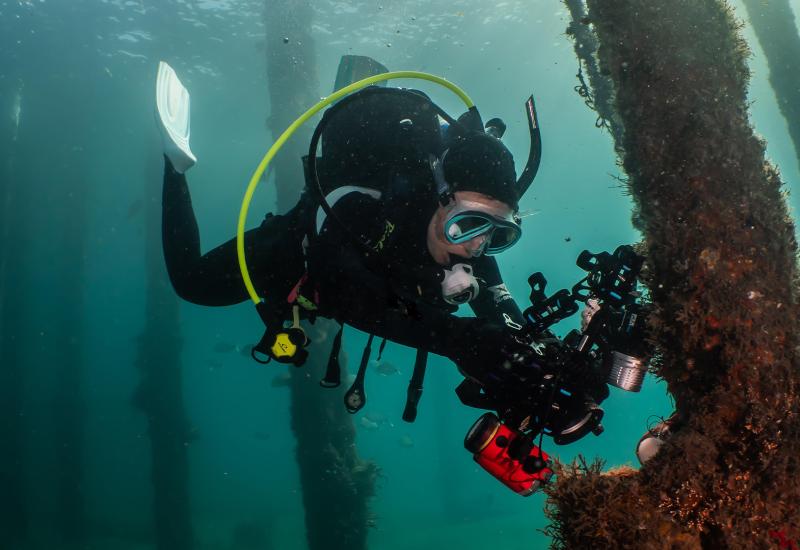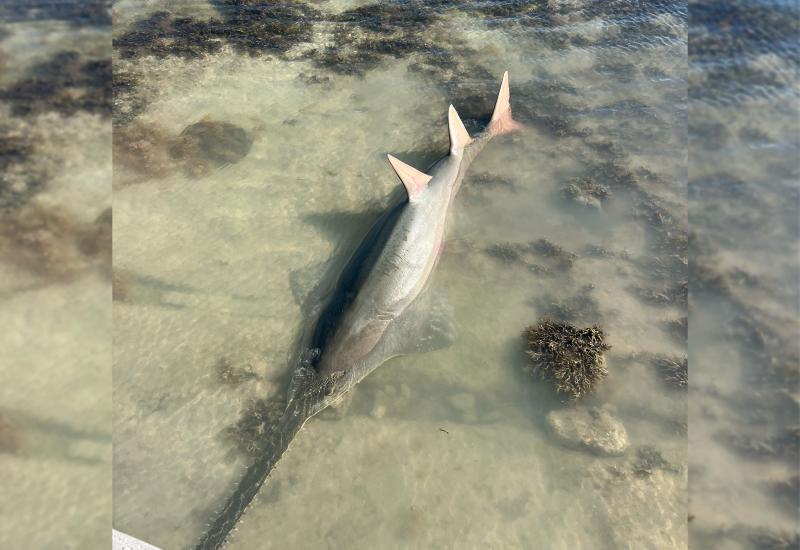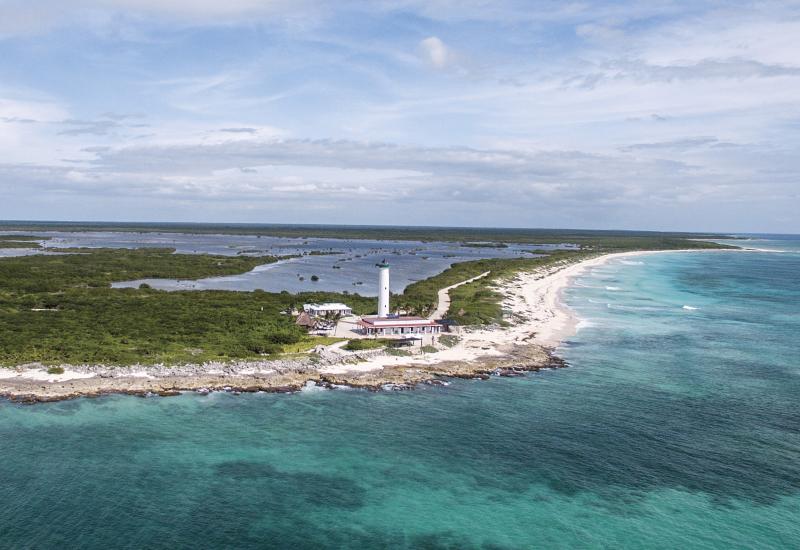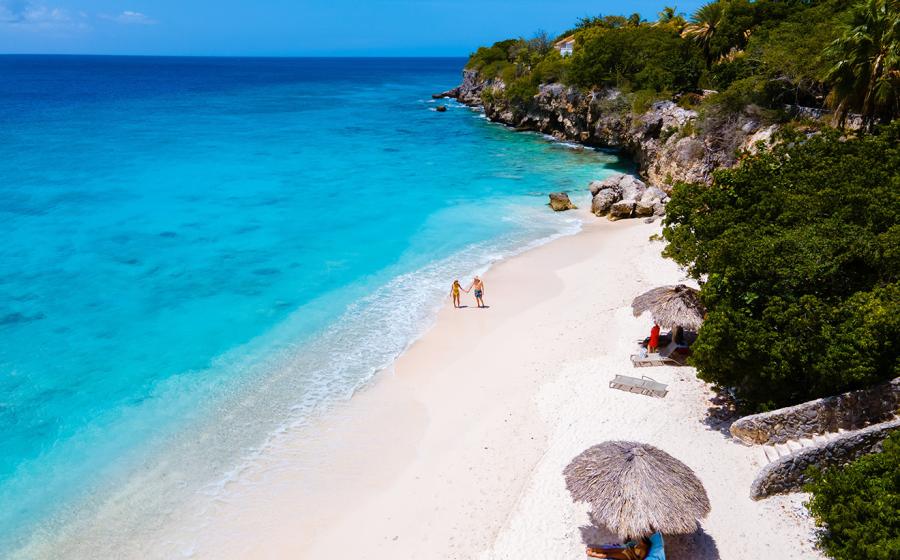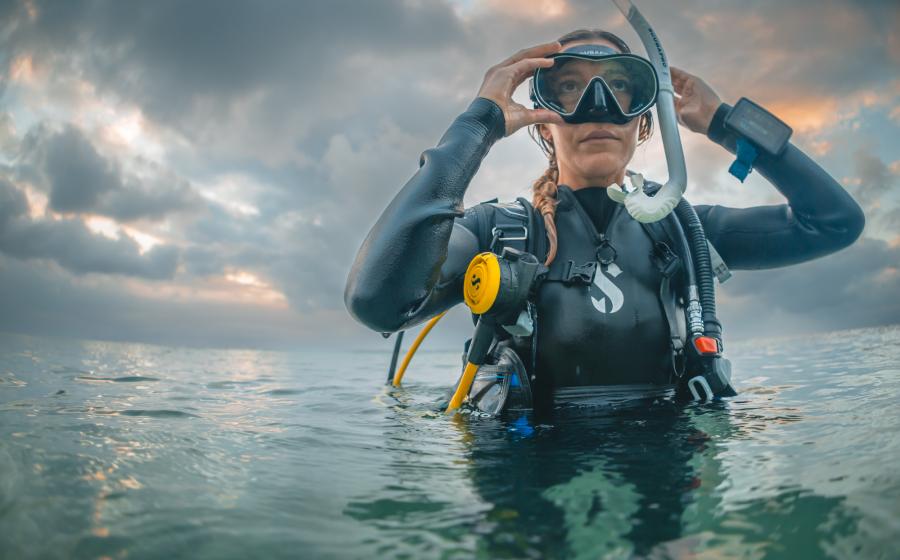What It's Like To Get Bombed Underwater

Bombed coral
bombed coral
Christian Loader/Scubazoo.com
We’d been in the water for only five minutes when the first bomb exploded.
I didn’t know how close it was, but the percussion from the blast felt like a massive punch to my entire body, like being slammed to the mat by a WWE wrestler.
I’d seen the effects of dynamite fishing but had never been underwater when a bomb went off — my boss, Larry Smith, obviously had. He quickly signaled our group of 10 guests to ascend immediately.
We were at 15 feet when the second blast went off. It rattled my brain like a paint shaker; for a moment I thought my heart was going to stop. That was all the motivation we needed. We raced to the surface, clambering onto the two Zodiacs before a third blast could reach us.

At the behest of our guests, Smith pressed our captain to chase down the Indonesian fishermen. It wasn’t hard: Plumes of seawater from successive blasts gave away their location, and we bore down on them with a vengeance.
Unfortunately, we hadn’t thought out what we’d do once we reached them.
We pulled within 50 feet of the rickety wooden boat and began waving to get their attention. They just waved back. In rudimentary Indonesian, Smith boomed at them in his huge voice to stop the bombing. The fishermen put their boat in gear and started to motor away.
The chase lasted for about 15 minutes, at which time the fishermen must’ve grown tired of being run off their fishing grounds and decided to do something about it.
They pulled out a pair of guns. That was the end of the chase.
We dived again that day, on a reef a few hours away. Sadly it too had been dynamited. There were two or three angelfish swimming aimlessly around, but the reef was a scene of devastation, with overturned boulder corals and pieces of acropora piled atop each other like some massive game of pickup sticks. It was a sad reminder of what those fishermen did that morning, and what we knew they’d still be doing after we were long gone.
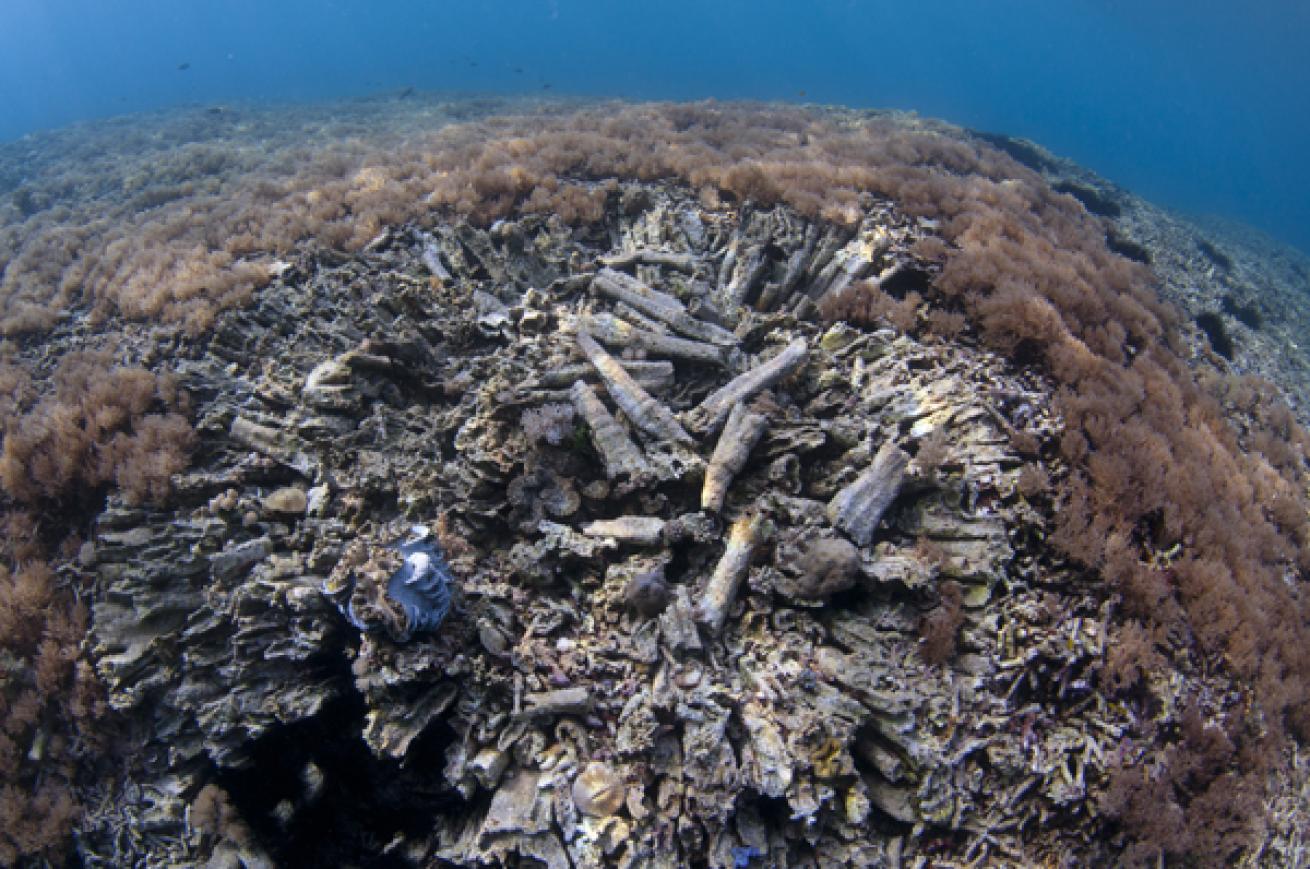
Christian Loader/Scubazoo.combombed coral
We’d been in the water for only five minutes when the first bomb exploded.
I didn’t know how close it was, but the percussion from the blast felt like a massive punch to my entire body, like being slammed to the mat by a WWE wrestler.
I’d seen the effects of dynamite fishing but had never been underwater when a bomb went off — my boss, Larry Smith, obviously had. He quickly signaled our group of 10 guests to ascend immediately.
We were at 15 feet when the second blast went off. It rattled my brain like a paint shaker; for a moment I thought my heart was going to stop. That was all the motivation we needed. We raced to the surface, clambering onto the two Zodiacs before a third blast could reach us.

At the behest of our guests, Smith pressed our captain to chase down the Indonesian fishermen. It wasn’t hard: Plumes of seawater from successive blasts gave away their location, and we bore down on them with a vengeance.
Unfortunately, we hadn’t thought out what we’d do once we reached them.
We pulled within 50 feet of the rickety wooden boat and began waving to get their attention. They just waved back. In rudimentary Indonesian, Smith boomed at them in his huge voice to stop the bombing. The fishermen put their boat in gear and started to motor away.
The chase lasted for about 15 minutes, at which time the fishermen must’ve grown tired of being run off their fishing grounds and decided to do something about it.
They pulled out a pair of guns. That was the end of the chase.
We dived again that day, on a reef a few hours away. Sadly it too had been dynamited. There were two or three angelfish swimming aimlessly around, but the reef was a scene of devastation, with overturned boulder corals and pieces of acropora piled atop each other like some massive game of pickup sticks. It was a sad reminder of what those fishermen did that morning, and what we knew they’d still be doing after we were long gone.

